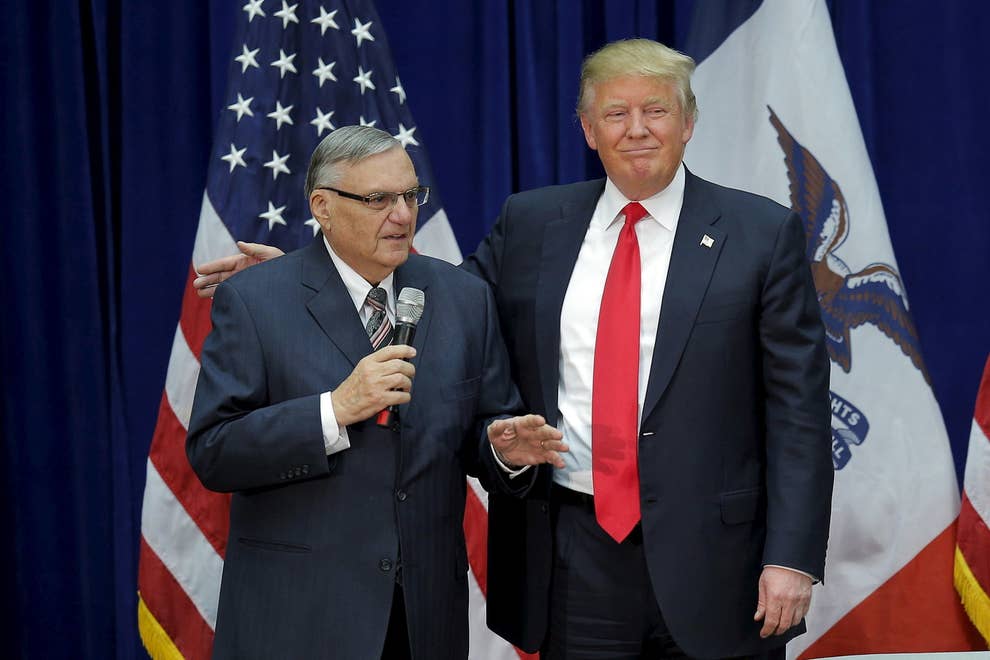Another step on the road to fascism.
The Trump administration plans to reinstate in full a program that provides local police departments with military surplus equipment such as large-caliber weapons and grenade launchers, according to a document obtained by The New York Times.
Sure. Why would we not want a completely militarized police force? We have no history at all of cops abusing their power, so why not trust them with tanks, missiles, machine guns?
Attorney General Jeff Sessions is expected to announce the changes to the program on Monday when he speaks at a Fraternal Order of Police conference in Nashville. It was not immediately clear why Mr. Sessions would announce changes to a Pentagon program, but he has rolled back several Obama-era policing reforms and helped bolster the Trump administration’s support among law enforcement.
President Barack Obama put limits on the program in 2015, when several high-profile cases of police officers killing black men inflamed tensions between law enforcement and local communities.
The Times is coy because it’s the Times, but I don’t have to be coy. Of course it’s clear why Sessions would do this: he’s a thoroughgoing racist and always has been, and he wants to make the police even more terrifying to those Other races than they already are. Sessions, like Trump, loves force and violence and Authority, and wants to strengthen it at the expense of the citizenry.
The shooting death of 18-year-old Michael Brown in Ferguson, Mo., in 2014 by a white police officer triggered protests and a heavily armed police response that many in the community saw as unnecessary. Images of the police with sniper rifles on top of armored cars or wearing riot gear to watch over protests set off a debate about whether police departments had lost sight of their missions to serve and protect.
“We’ve seen how militarized gear can sometimes give people a feeling like they’re an occupying force,” Mr. Obama said in announcing that he was placing curbs on the program.
But for Trump and Sessions that’s a feature, not a bug, and they want more of it not less.
Mr. Obama prohibited transfers of weaponized vehicles, certain large-caliber ammunition and other equipment. He also added restrictions on transferring some weapons and devices, explosives, battering rams, riot helmets and shields.
Mr. Trump plans to sign an executive order to reverse those limits, a “policy shift toward ensuring officers have the tools they need to reduce crime and keep their communities safe,” according to the document, which described the president’s coming order and the rationale behind it.
It cited two academicarticles that said the program helped reduce crime and did not lead to an increase in police-involved deaths. It also said that a military-style helmet saved the life of an officer who responded to the 2016 shooting that killed 49 people at the Pulse nightclub in Orlando.
And it called much of the equipment provided through the program “entirely defensive in nature,” a characterization certain to draw the ire of those opposed to the police deploying certain heavy weapons and vehicles in tense but not clearly dangerous situations.
Remember, kids: when in doubt, shoot.




